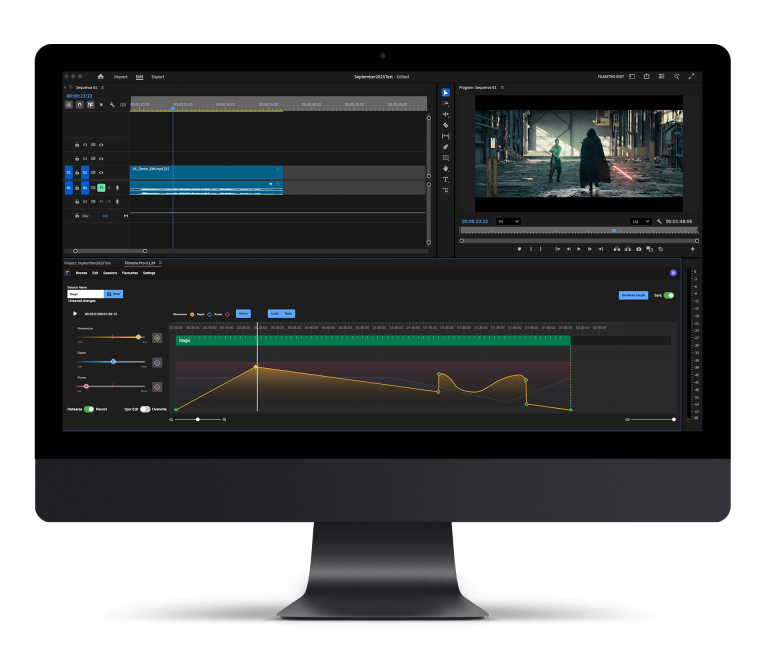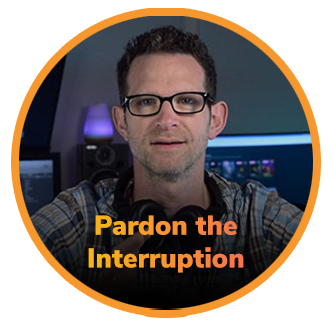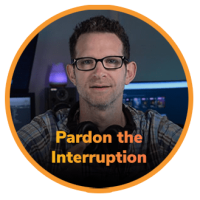Is Directing or Screenwriting Harder? –
When you think about giving someone credit for a movie, the person that often comes to mind is the director. The director is always considered the film’s creator, and all film-related praise is bestowed upon them. But without screenwriters, would directors have anything to direct?
The directing vs screenwriting debate is found in every film sphere or community. People often ask themselves, is directing hard? Or is screenwriting hard? If you’ve found yourself asking these same questions, you have come to the right place.
In this article, we will look at both directing and screening. We will also measure how important they are to filmmaking and if there is truly a winner when it comes to difficulty.
Let’s get into it!
Directing vs screenwriting – an overview
Before we break down the directing vs screenwriting debate, let’s familiarize ourselves with the responsibilities of both directors and screenwriters.
Understanding both directors and screenwriters will help us determine the key difference between the two.
Screenwriters
If you’ve worked in the film or tv industry, you know understand the importance of screenwriters. Screenwriters often work in the early stages of film/tv production. They write the script that is then presented to directors.
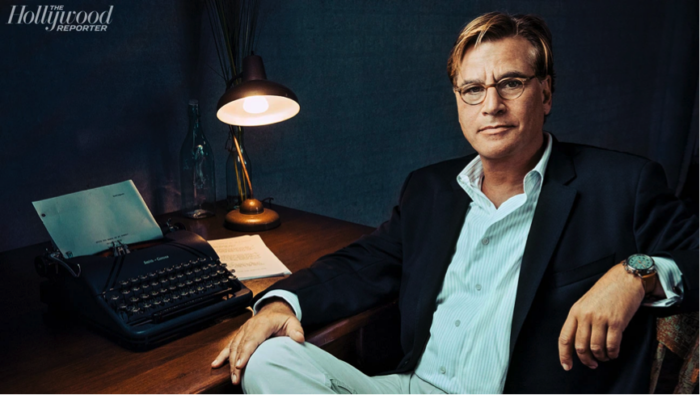
In most scenarios, screenwriters birth original storylines, characters, and settings from their minds. Sometimes screenwriters also adapt storylines from existing material.
Some common screenwriter responsibilities include:
- Writing screenplay
- Creating instructions for actors
- Generating set design ideas
In a nutshell, screenwriters are crucial for creating the cinematic world for directors. They make the physical and non-physical elements that directors control to start your next favorite film.
Directors
They are important for creative decisions regarding films and televisions. Directors also need good communication and leadership skills to interact with actors and crew members effectively.
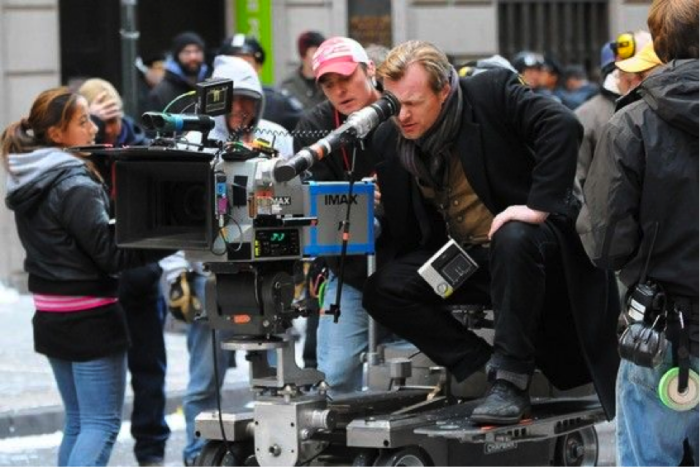
Imagine watching a film with a scene that sticks in your memory because of the ways it’s shot. You have to thank the director for that.
Directors take scripts and create something innovative and unique. Some directors have their style that is seen throughout their filmography.
Some other responsibilities of directors include:
- Auditioning the actors and crew
- Leading the rehearsals
- Making sure production finishes on time
- Working with actors, costume and set designers
In short, directors are integral to a film’s visual and creative elements. They are responsible for bringing scripts to life.
Is Directing hard?
Now that we know the responsibilities of screenwriters and directors let’s evaluate the difficulties of these positions. Analyzing their difficulty level will help us answer the question – “is directing or screenwriting harder?”
When we look at directors, we usually praise them when a film does well, but they are the first ones to get criticized if the movie fails. Even if the directors aren’t at fault, they still get blamed if a film fails.
Directors have to interpret words on a page and create a compelling story. This technique is a difficult process to master and makes directing hard.
Andrew Stanton, known for working on films such as Finding Nemo (2003) and Toy Story (1995), once said, “on average, I made a decision every 3 ½ minutes on Wall-E every day for four years.”
Stanton’s quote shows us how directors have to think quickly and make creative decisions fast. His quote also emphasizes how directors have to be completely involved in the filmmaking process throughout the movie.
Another important aspect that directors have to deal with is budget and logistic issues. Often during filmmaking, there might be some physical elements that don’t match the director’s vision if the director isn’t given an ample budget to make the story as perfect as possible.
In this scenario, directors don’t have the choice to disrupt filming and make changes. They are expected to make the situation work as best as possible. It is difficult to navigate these circumstances, but when you take on the responsibility of the directors, you are ready to take on hard tasks such as this.
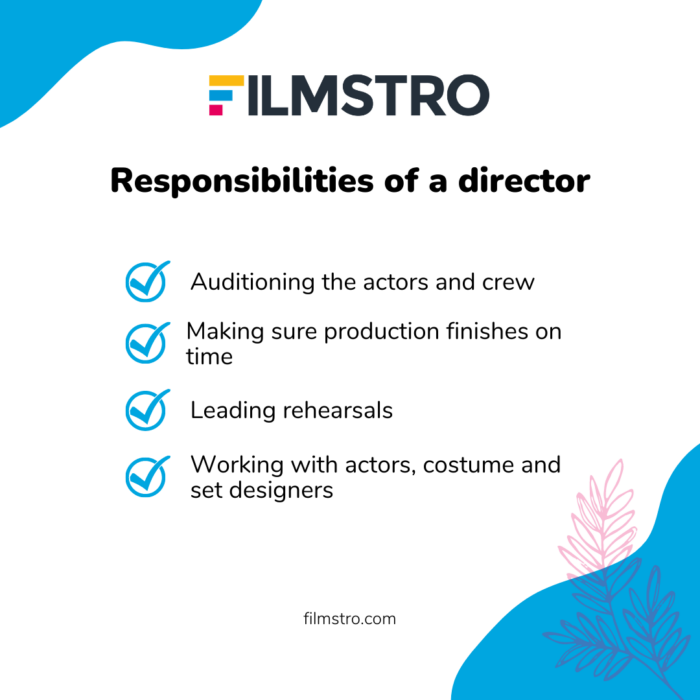
Directors and storylines
Directors are laser-focused on telling the story right. On a set, directors are the only people responsible for the story. The cinematography focuses solely on the visuals, costume designers focus on the pretty costume, and the actors are focused on their craft.
Sometimes directors have to argue with other people on set to ensure the story is told right. Actors might object to some film shots, but the director will have to convince them to do scenes because it is the best way to tell the story.
The story is important because it ties everything together. This phrase underlines a director’s sole responsibility in the filmmaking process. Sometimes, this conflicts with the cost of doing business.
Is Screenwriting hard?
Screenwriting may seem like a quick and simple process; however, creating an amazing story idea from scratch is complicated. The scriptwriting process can take months or even years to complete. Most screenwriters go through multiple drafts before they finalize a script for production.
Some screenwriters suffer from a phenomenon called the “Blank Page Conundrum.” Screenwriters struggle to get their words on the paper, making it difficult for them to generate ideas. Navigating writer’s block is a long and difficult process that does not make the screenwriting job easier.
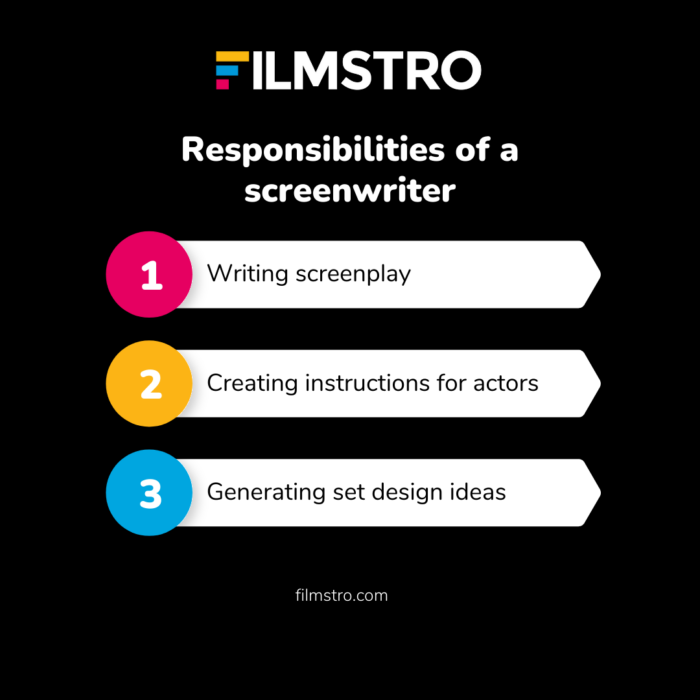
Screenwriters and the movie’s conception
Screenwriters don’t have other people that enhance their storytelling. Unlike directors, screenwriters don’t have assistants touching up actors or a light crew illuminating their shots. The entire filming process occurs in the screenwriter’s head and script.
Screenwriters create complete stories with various screen descriptions, plots, and character arcs. The director’s job is to tell the story accurately. Once the director gets the script, they already have a fleshed-out blueprint to follow.
One of the major differences between directing and screenwriting is having no one to motivate you. If you are a director, you have multiple people on set working alongside you to tell the story accurately.
Unless screenwriters have a writer’s room, which most don’t, they don’t have anyone to push and motivate them. Screenwriting is a solitary process that is difficult for many.
The Screenwriting Process
Robert Altman, best known for his work on M*A*S*H (1970), says, “I don’t think screenplay writing is the same as writing – I mean, I think it’s blueprinting.”
This quote perfectly encapsulates the difficulties of writing. The act of writing seems like an easy task, but structuring the story is one of the hardest parts of filmmaking. Unlike the director with this finalized blueprint, screenwriters have to create the bare bones of a story.
Even though directing takes years, so can screenwriting. However, nowadays, directors can work on film production for as little as 3 weeks, but screenwriters work on the same screenplay for years. The research process itself takes a long time to perfect.
Even if you create the perfect screenplay, three people can mess up your work: the producer, the writer, and the editor.
Even if the screenwriter creates a neatly packaged screenplay, these scripts are often changed because they don’t fit the creative needs of a director or producer.
Producers might also cut scenes if they think parts of the story won’t bring in audiences. These conflicts make screenwriting a difficult process that writers go through alone.
The writer-director hybrid
The writer-director hybrid is a new wave in the cinematic world. A writer-director is someone who writes the complete story and directs the film. Many choose to take on both roles for creative control. Due to a writer-directors full creative control, we will probably see more of these.
Is directing or screenwriting harder?
Now that you know the writing and directing process, you might be wondering which is harder? Well, the answer is not as simple as you think.
Many directors and writers have argued over the difficulty and importance of their role in filmmaking, but many agree that it is hard to assign priority to just one position.
Director Jordan Vogt-Roberts, known for Kong: Skull Island (2017), weighed in on the director vs. screenwriter debate, “Film is magic…No part of filmmaking is a 1:1 translation, and this debate ignores that.
Every person working on a film is important to its creation and fulfillment. With a director or a screenwriter, we won’t have a movie.
In Conclusion
It is difficult to conclude which one is harder or more important in the debate between directors and screenwriters. But one this is for certain, without either a screenwriter or a director, we would not be able to experience the magic of cinema.
If you liked this article, you should also check out Types of Movie Posters.
We hope you enjoyed this article and don’t miss out on any of our other blogs! Sign up to Filmstro and follow us on Twitter, Facebook and subscribe to our Youtube channel.
You can also check out some of our amazing royalty-free music today by clicking here.





